Virginia Addiction Treatment Options For Young Adults
Treatment Options for Young Adults
Addiction is a serious issue that can affect anyone, but it often takes a unique toll on young adults. In Virginia, various addiction treatment options are available to help young adults overcome their struggles and lead healthier, more fulfilling lives. Let’s dive into the comprehensive options available for addiction treatment in the state, focusing on the unique needs of young adults.
Understanding Addiction in Young Adults
Addiction in young adults can stem from various sources, including peer pressure, stress, and mental health issues. Common substances of abuse among this age group include alcohol, marijuana, prescription medications, and increasingly, opioids. Understanding the root causes and patterns of addiction is crucial in addressing and treating it effectively. Find out more about a rehab for couples in Virginia by contacting our helpline.
Signs and Symptoms of Addiction
Recognizing the signs of addiction early can make a significant difference in treatment outcomes. Behavioral changes such as increased secrecy, withdrawal from family and friends, and a decline in academic or work performance are red flags. Physically, young adults might exhibit changes in appearance, such as weight loss, poor hygiene, or unusual sleep patterns. Emotionally, they might become more irritable, anxious, or depressed.
The Importance of Early Intervention
Early intervention in addiction treatment can prevent the escalation of substance abuse and the associated risks, such as long-term health complications and legal issues. Young adults who receive timely support are more likely to recover successfully and rebuild their lives. The earlier the intervention, the better the prognosis for recovery.
Types of Addiction Treatment Options in Virginia
Virginia offers several types of addiction treatment programs, each tailored to different needs and severity levels:
Inpatient Rehab Programs
Inpatient rehab programs provide a structured environment where young adults can focus entirely on their recovery. These programs offer 24/7 medical and emotional support, making them ideal for severe addiction cases. The immersive nature of inpatient rehab helps individuals develop healthy habits and coping mechanisms in a safe, controlled setting.
Outpatient Rehab Programs
Outpatient rehab programs offer more flexibility, allowing individuals to continue with their daily responsibilities while attending treatment sessions. These programs are suitable for those with mild to moderate addiction who have a supportive home environment. Outpatient treatment can be an excellent option for young adults who need to balance recovery with school or work.
Partial Hospitalization Programs (PHP)
Partial hospitalization programs provide a middle ground between inpatient and outpatient care. Young adults attend treatment for several hours each day but return home in the evenings. PHPs are beneficial for those who need intensive support but have a stable home environment to return to.
Intensive Outpatient Programs (IOP)
Intensive outpatient programs are similar to PHPs but with a slightly reduced time commitment. IOPs offer a structured treatment plan that includes therapy sessions and group support while allowing individuals to maintain some level of normalcy in their daily lives. These programs are ideal for those transitioning from inpatient care or those needing more support than traditional outpatient programs.
Therapeutic Approaches in Addiction Treatment
Cognitive Behavioral Therapy (CBT)
CBT helps young adults identify and change negative thought patterns and behaviors that contribute to their addiction. By addressing these underlying issues, individuals can develop healthier coping mechanisms and strategies for maintaining sobriety.
Dialectical Behavior Therapy (DBT)
DBT is particularly effective for those with co-occurring mental health disorders. It combines cognitive-behavioral techniques with mindfulness practices to help individuals manage emotions and stress, reducing the likelihood of relapse.
Motivational Interviewing (MI)
MI is a counseling approach that helps individuals find the motivation within themselves to make positive changes. This technique is especially beneficial for young adults who may be ambivalent about entering treatment.
Holistic and Alternative Therapies
In addition to traditional therapies, holistic and alternative treatments can play a significant role in recovery:
Art and Music Therapy
These creative therapies allow young adults to express themselves and process their emotions in a non-verbal way, aiding in healing and self-discovery.
Equine Therapy
Working with horses can help individuals develop trust, empathy, and self-confidence, which are essential skills in recovery.
Mindfulness and Meditation
Practices like mindfulness and meditation can help young adults manage stress and stay focused on their recovery goals. These techniques promote relaxation and emotional regulation.
Support Systems and Aftercare
Support systems are crucial for sustained recovery:
Role of Family in Recovery
Family involvement can provide emotional support and help create a stable environment conducive to recovery. Family therapy sessions can address any issues within the family dynamic that may have contributed to the addiction.
Peer Support Groups
Groups like Alcoholics Anonymous (AA) and Narcotics Anonymous (NA) offer a community of individuals who understand the challenges of addiction. Peer support can be a powerful motivator in maintaining sobriety.
Aftercare Planning
Aftercare planning is essential for preventing relapse. This may include ongoing therapy, support group participation, and continued monitoring by healthcare professionals.
Choosing the Right Treatment Center
When selecting a treatment center, consider factors such as the types of programs offered, the qualifications of the staff, and the facility’s success rates. It’s also important to ask questions about the treatment approach and aftercare support to ensure it aligns with the individual’s needs.
Success Stories
Hearing about the successes of others can be incredibly motivating. Many young adults have turned their lives around through the addiction treatment programs available in Virginia. These stories of resilience and recovery serve as a testament to the effectiveness of comprehensive, tailored treatment plans.
Conclusion
Addressing addiction in young adults is crucial for their long-term health and well-being. Virginia offers a range of treatment options designed to meet the unique needs of this age group. By understanding the available resources and choosing the right approach, young adults struggling with addiction can find the support they need to overcome their challenges and build a brighter future.
Resources For Virginia
- Virginia Department of Behavioral Health and Developmental Services (DBHDS)
- Website: DBHDS https://dbhds.virginia.gov/
- Description: DBHDS provides leadership and service to improve the quality of life for Virginians who have behavioral health or developmental disabilities. They offer a range of programs and resources for substance abuse treatment and mental health services.
- Substance Abuse and Mental Health Services Administration (SAMHSA)
- Website: SAMHSA Virginia Resources https://www.samhsa.gov/
- Description: SAMHSA offers a comprehensive list of resources and support services available in Virginia for those dealing with substance abuse and mental health issues. Their website includes a treatment locator and additional information on local programs.
- Virginia Department of Health (VDH)
- Website: VDH Behavioral Health https://www.vdh.virginia.gov/
- Description: VDH provides information on behavioral health, including substance abuse prevention and treatment programs, mental health services, and resources for individuals and families seeking help.
- Virginia Medicaid – Behavioral Health Services
- Website: Virginia Medicaid Behavioral Health https://www.dmas.virginia.gov/for-providers/behavioral-health/
- Description: This site provides information about the behavioral health services covered by Virginia Medicaid, including mental health and substance abuse treatment services.
- Office of Substance Abuse Services (OSAS) – Virginia Department of Social Services (VDSS)
- Website: VDSS OSAS https://www.dss.virginia.gov/
- Description: OSAS within VDSS provides information and resources related to substance abuse recovery, treatment services, and support for individuals and families affected by substance use disorders.
These resources offer a wealth of information and support for young adults seeking help for addiction and mental health issues in Virginia.
FAQs
1. What is the most effective type of addiction treatment for young adults?
The most effective type of treatment varies based on the individual’s needs and the severity of their addiction. Inpatient programs are often best for severe cases, while outpatient and intensive outpatient programs can be effective for those with milder addictions.
2. How can I tell if a young adult needs addiction treatment?
Look for signs such as behavioral changes, physical and emotional symptoms, and a decline in daily functioning. If you suspect addiction, it’s important to seek professional advice.
3. Are there any free addiction treatment options in Virginia?
Yes, Virginia offers several free or low-cost addiction treatment programs. State-funded rehab centers and non-profit organizations can provide support for those who need financial assistance.
4. How can family members support a young adult in addiction recovery?
Family members can support recovery by participating in family therapy, providing a stable home environment, and encouraging involvement in support groups.
5. What should I look for when choosing an addiction treatment center?
Consider the types of programs offered, the qualifications of the staff, the facility’s success rates, and the support available for aftercare. It’s important to choose a center that aligns with the individual’s specific needs.






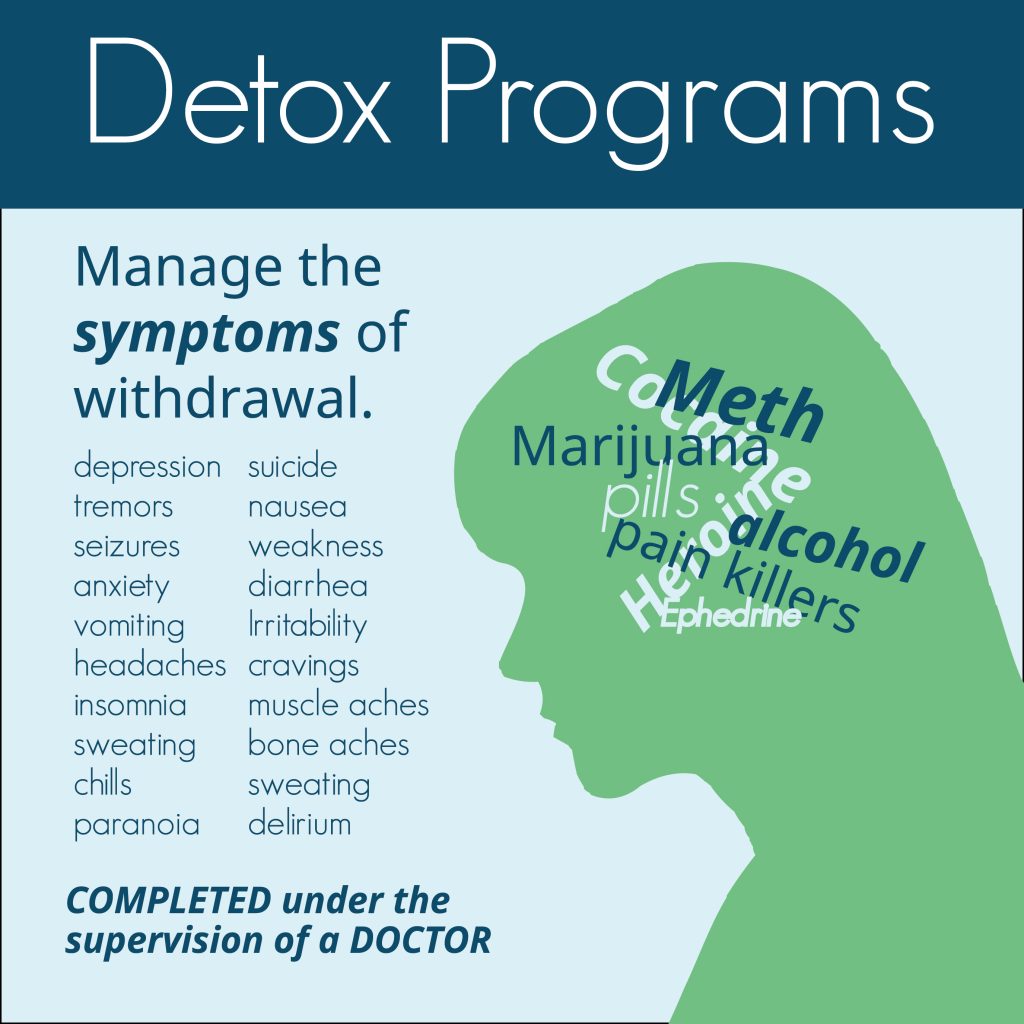
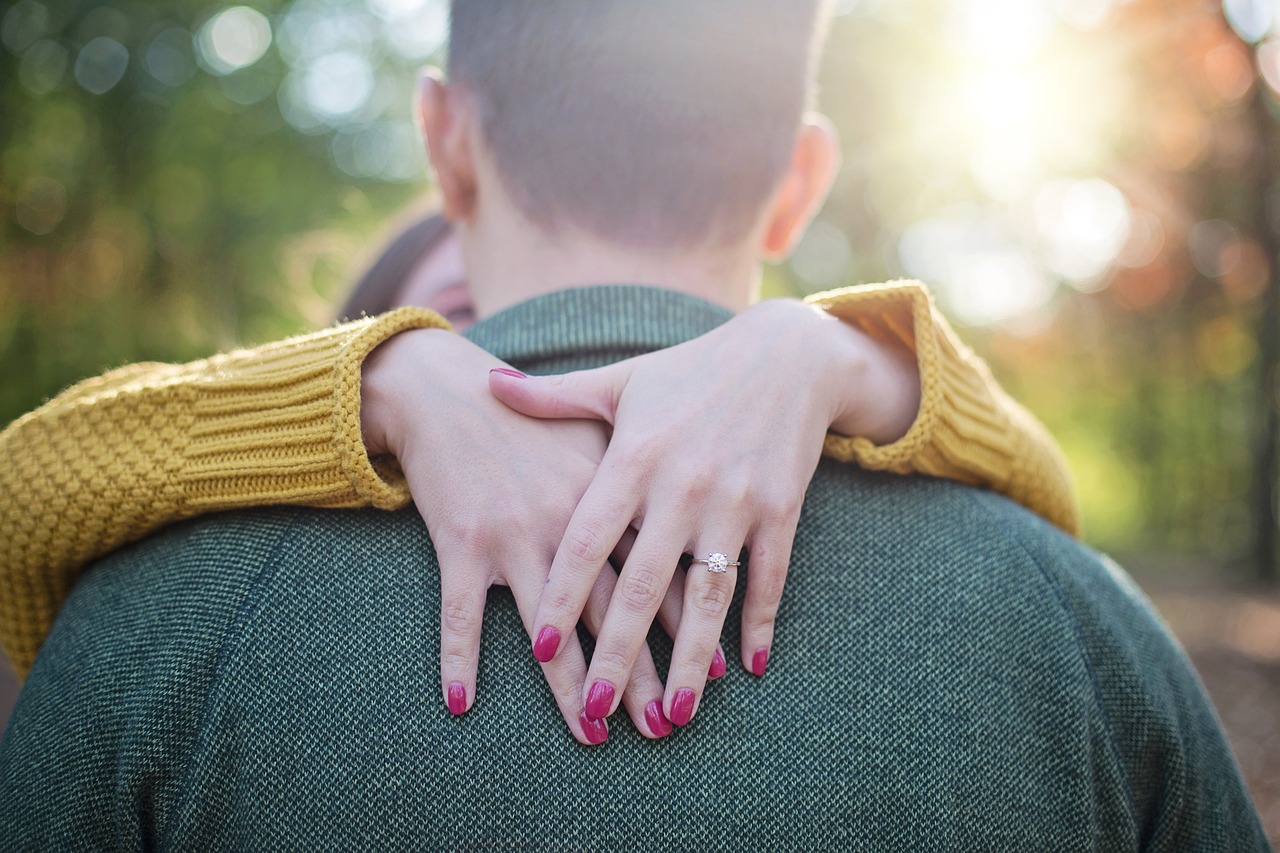

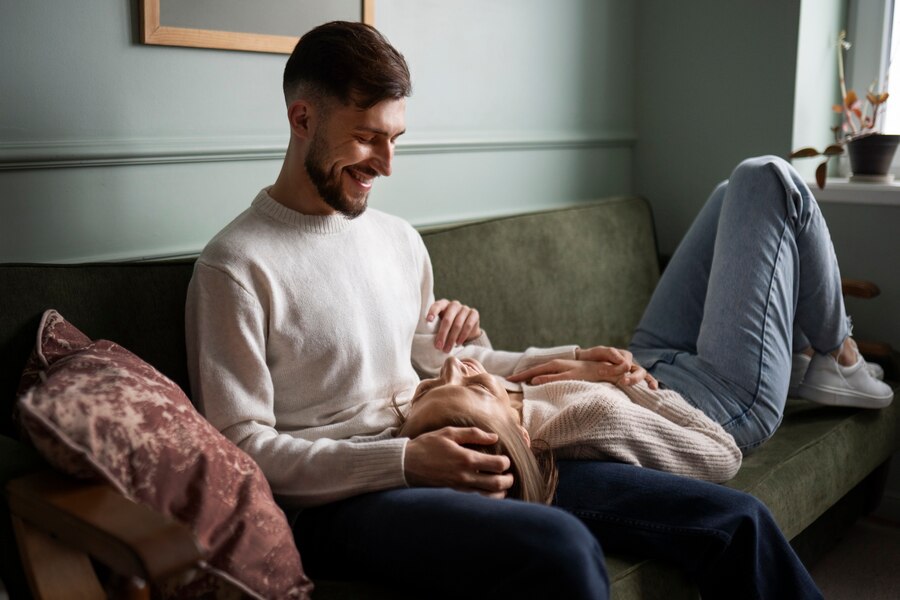


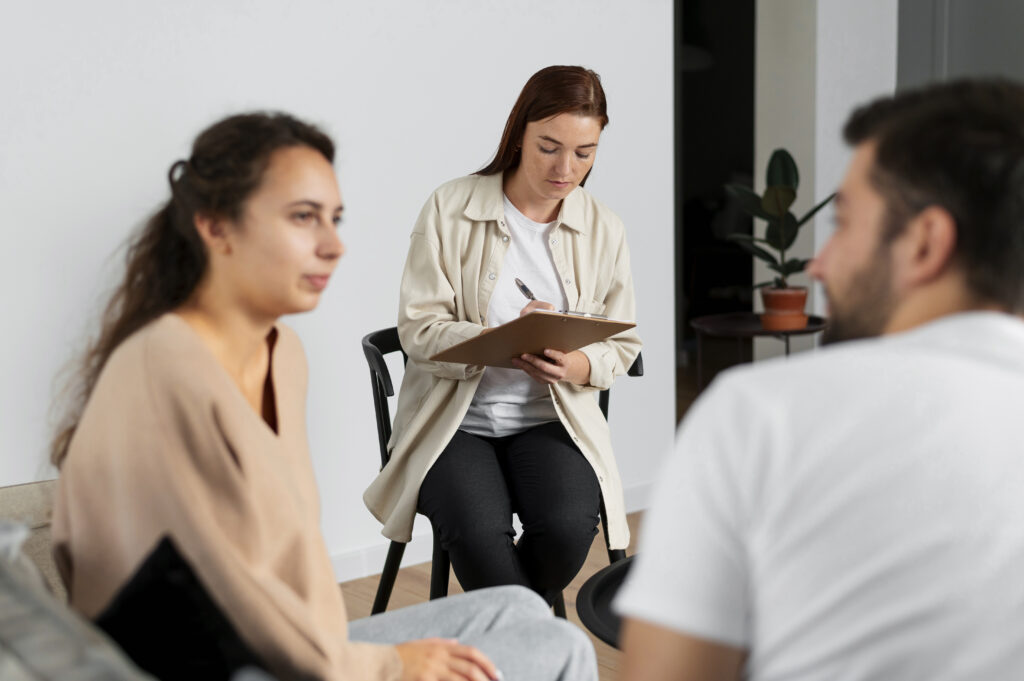

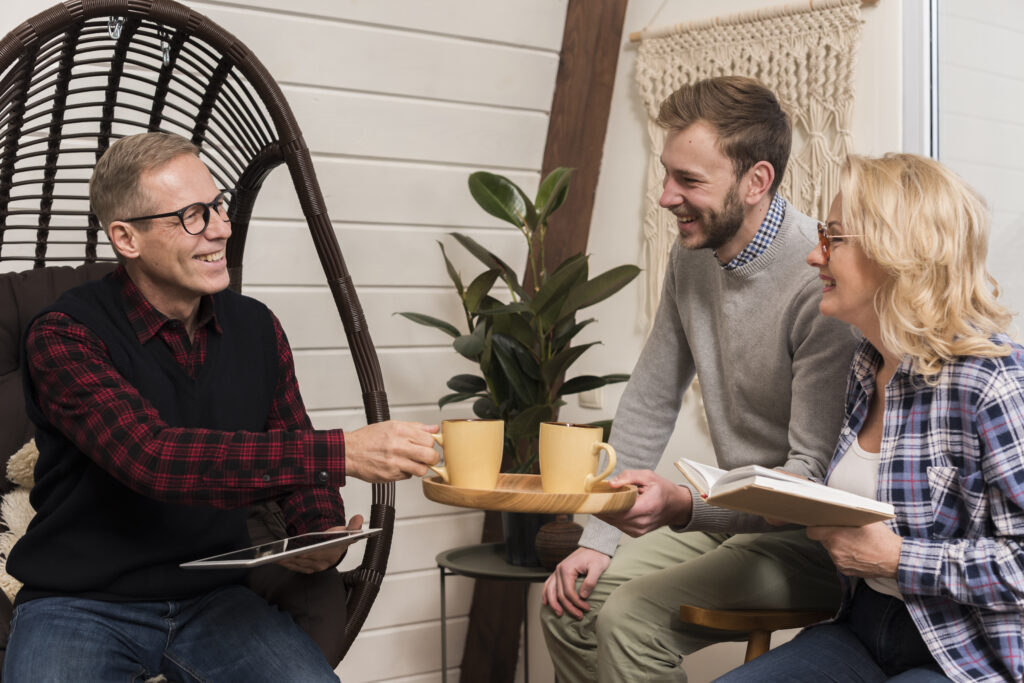

Recent Comments